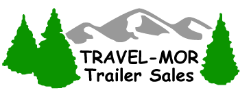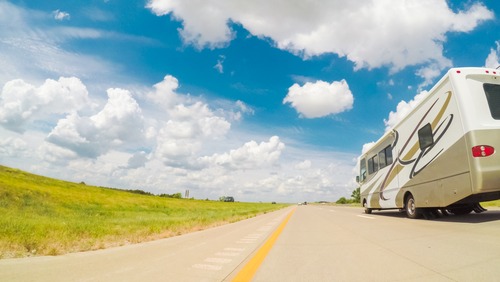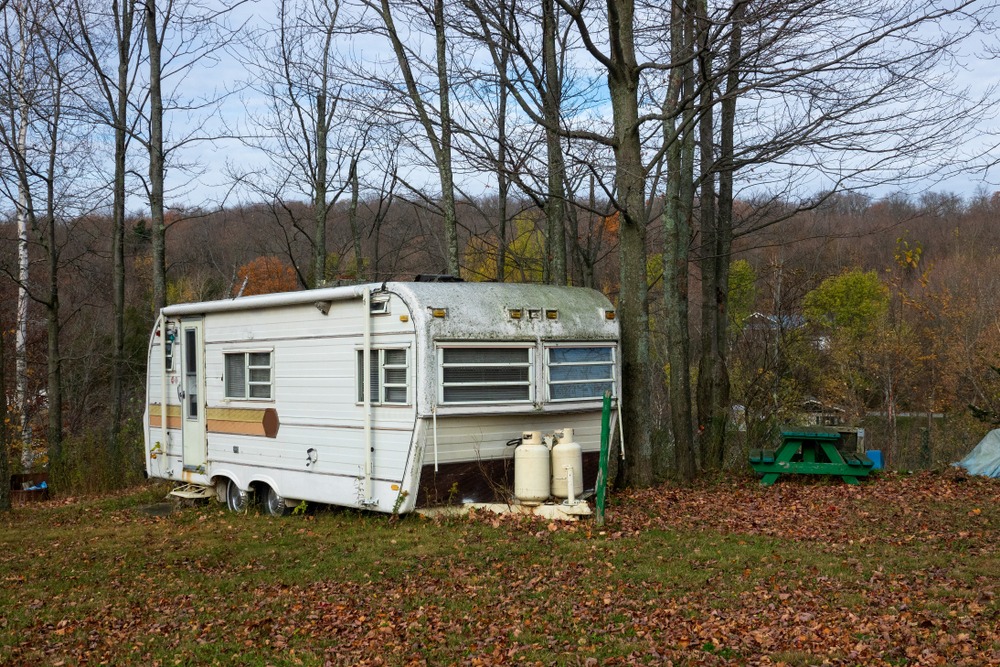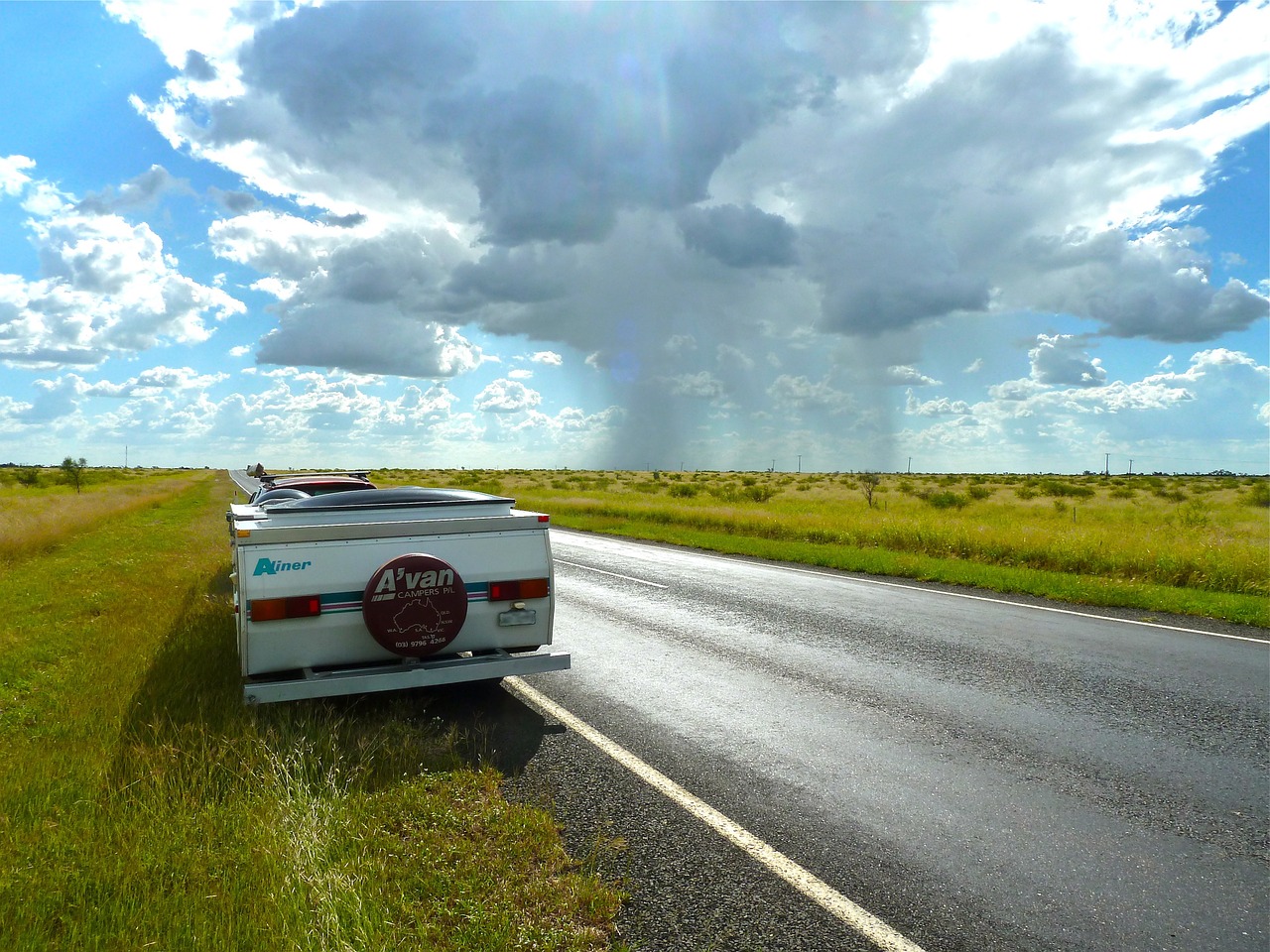 The earlier you can prep your RV for spring in Ottawa, the earlier you can hit the road! But don’t go too fast and end up missing something that will hit the breaks on your adventures. Consider Travel-Mor’s RV and Trailer spring checklist of things you definitely don’t want to miss when preparing your adventure-mobile for spring in Ottawa.
The earlier you can prep your RV for spring in Ottawa, the earlier you can hit the road! But don’t go too fast and end up missing something that will hit the breaks on your adventures. Consider Travel-Mor’s RV and Trailer spring checklist of things you definitely don’t want to miss when preparing your adventure-mobile for spring in Ottawa.
1. Check Your Batteries!
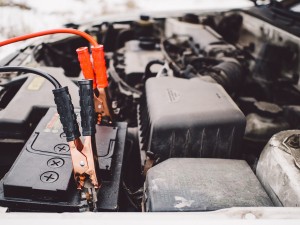 The most careful RV and Trailer owners in Ottawa will keep their batteries on trickle-charge all winter long, but most simply let them sit. If you’re one of the unlucky few with an old or under-powered battery, you run the risk of trouble come spring time! Whether they’re running your engine, or powering systems throughout your RV or Trailer, peace-of-mind depends on batteries that won’t quit on you. Its bad to find out that your engine won’t turn over, but worse to get to a destination only to find your AC doesn’t work! Spare yourself the hassle by checking all your batteries before you take your first trip this year.
The most careful RV and Trailer owners in Ottawa will keep their batteries on trickle-charge all winter long, but most simply let them sit. If you’re one of the unlucky few with an old or under-powered battery, you run the risk of trouble come spring time! Whether they’re running your engine, or powering systems throughout your RV or Trailer, peace-of-mind depends on batteries that won’t quit on you. Its bad to find out that your engine won’t turn over, but worse to get to a destination only to find your AC doesn’t work! Spare yourself the hassle by checking all your batteries before you take your first trip this year.
2. Inspect Your Water Systems
If your RV or Trailer has systems meant to manage water, you’ll want to make sure you give those some attention come time for spring prep.
- Potable Water: You’ll want to flush all potable water systems to make sure that antifreeze put in during winterization has been completely flushed out, as it is harmful for human consumption
- Plumbing: If you improperly winterized, have an older RV/trailer, or simply have bad luck; its possible that you suffered some plumbing damage over winter. Freeze-thaw cycles put pipes under significant stress and strain, especially when improperly winterized, and Ottawa is notorious for having many every year. To check your pipes for damage, with water in your holding tank, turn on your water pump and pressurize your system. Wait for the pump to self-disengage, and wait some more. If the pump turns itself on after a short while, you likely have a leak somewhere in the system!
- System Sanitize: It’s recommended to sanitize your water system at least once a year for hygiene and maintenance reasons. A clean system not only guarantee’s sparking potable water, but regular sanitization also helps prevent the accumulation of minerals and detritus that become present in your water systems. These accumulations can reduce the efficiency and longevity of mechanical components in your water pump, so taking the time to sanitize goes a long way to protect your pump!
3. Safety Components – DONT MISS
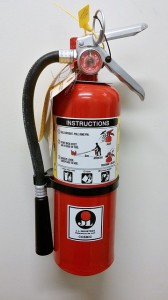 Safety components like fire alarms, emergency flashlights, first-aid kits, fire extinguishers, etc are generally out-of-sight and out-of-mind, but if there’s ever a good time to pay attention to them, it’s now. Ensure batteries in fire alarms and flashlights are full, that your first aid kit is stocked and in the right position, and inspect extinguishers for possible expiry. If you’ve got a poweder extinguisher, you’ll also want to shake and tap them to prevent sediment accumulation. It’s also a good idea to make sure that batteries of multiple types are available throughout the RV, not to mention your booster or powerpack if you have one!
Safety components like fire alarms, emergency flashlights, first-aid kits, fire extinguishers, etc are generally out-of-sight and out-of-mind, but if there’s ever a good time to pay attention to them, it’s now. Ensure batteries in fire alarms and flashlights are full, that your first aid kit is stocked and in the right position, and inspect extinguishers for possible expiry. If you’ve got a poweder extinguisher, you’ll also want to shake and tap them to prevent sediment accumulation. It’s also a good idea to make sure that batteries of multiple types are available throughout the RV, not to mention your booster or powerpack if you have one!
4. Check Your Powertrain and Generator
When it comes to checking the engine of your RV, you’ll want to make sure you check all it’s engines, including the one you run to generate power. Start by assessing all fluid levels, topping off or replacing where needed. This includes transmission fluid, power steering, oil, brake fluid, and even windshield washer fluid. Don’t forget your generator needs fuel and oil as well, so you’ll want to check those as well. While you’re at it you might as well check lights as well, and make sure your vehicle and plate stickers are all up to date!
6. Seams, Seals, Gaskets
This step is especially important for those who store their trailer or RV outdoors for the winter. Fluctuating temperatures, especially freeze-thaw cycles, can put plastic and rubber seals under significant strain. Not only does temperature affect the rigidity of these important components, but it also causes expansion and contraction. Roof and body seams ought to be inspected for any damage, and resealed if necessary. Travel-Mor recommends re-sealing RV’s and Trailers twice a year in Ottawa to accommodate the reigon’s predisposition to freeze-thaw cycles.
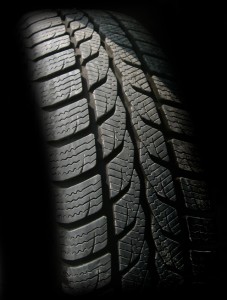 7. Tires
7. Tires
Tires expand and contract significantly over the winter months. Pressure can fluctuate by many pounds per square inch, accelerating the loss of tire pressure throughout the winter months. For optimal fuel efficiency and tire-life, it’s important to include a tire check as part of your de-winterization process. Even having a single tire at too low a pressure can throw your RV or Trailer balance off, which means that driving or hauling is more difficult, and less efficient, to do.
8. Liquid Petroleum Gas Systems
While LP gas systems are quite robust, there can be dire consequences for system failure. Carbon Monoxide poisoning, or even dangerous explosions, can result from old or abused equipment, so it’s important to give these systems a good once-over at the start and end of every season. Simply open the gas supply (presuming you have some left in your LP tank), and ensure the proper operation of all your appliances. Check any exposed lines for unusual damage, and turn off the gas. If you havent had a leak test or a gas operating pressure test on your LP system within the last year, it would be wise to schedule or perform one ASAP
Travel-Mor Trailer Sales
Trailer or RV ownership in Ottawa is extremely rewarding, especially when you have the knowledge and resources to get through common maitenance tasks quickly and easily. If you’re interested in more advice concerning the de-winterization of your trailer or RV in Ottawa, get in touch with Travel-Mor trailer sales.
